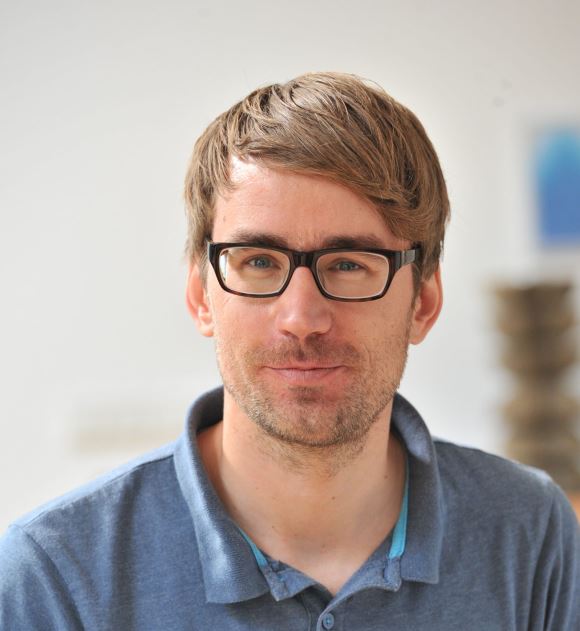
Source: Oskar Marg, 2024
Background:
Oskar Marg has been working as a research associate in the research field of transdisciplinarity at ISOE - Institute for Social-Ecological Research since 2016. Among other things, he works on topics such as the effects of transdisciplinary research on society and science as well as new approaches to transdisciplinary research such as real-world laboratories. Previously, he worked at the Disaster Research Center of the Free University of Berlin, at ISOE in the research area Energy and Climate Protection in Everyday Life and at the Institute for Applied and Empirical Sociology at the University of Bremen. He wrote his doctoral thesis on the resilience of households to extreme events using the example of a flood disaster and studied sociology, history and labour sciences at the University of Bremen and Åbo Akademi (Finland).
What do you find interesting about transdisciplinary research?
"My approach to transdisciplinary research has developed strongly via a meta-perspective in the research field of transdisciplinarity. For me, the focus is therefore primarily on researching transdisciplinarity and less on carrying out my own transdisciplinary projects. What I find exciting about this approach is the idea of starting research from a societal problem and bringing together very different perspectives from science and society that are relevant to the problem and possible solutions."
What is your role in the tdAcademy project and what do you find exciting about it?
"I have been part of the tdAcademy team since the start of the project and am working on the question of the scientific impact of transdisciplinary research in topic line 2. We published an article on this in the first phase of the project. This revealed changes in the understanding of scientific problems, changes in the quality of scientific insights, and an increased reflexivity on the part of the researchers. In the second phase, we will take a closer look at the interface between scientific and social impacts: What synergies, but also trade-offs, can be found? I think it's great and exciting to be able to use the project space to pursue these questions, which have not yet been dealt with very much, and to gain new insights. At the same time, it is interesting to see how the goal of connecting the transdisciplinary community is increasingly realized in the project."
